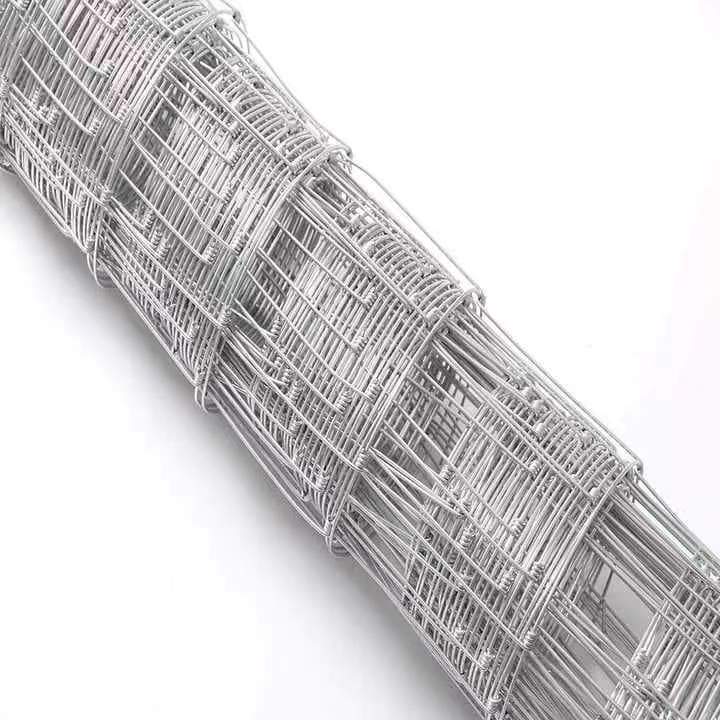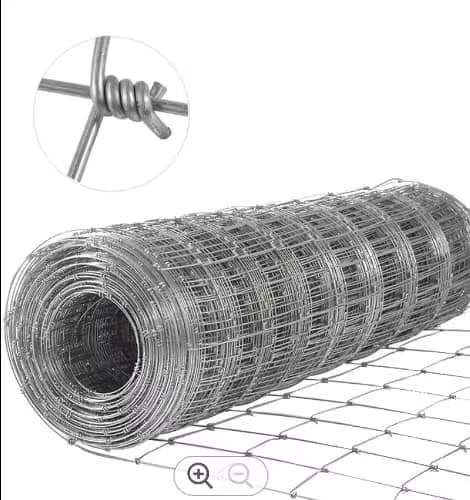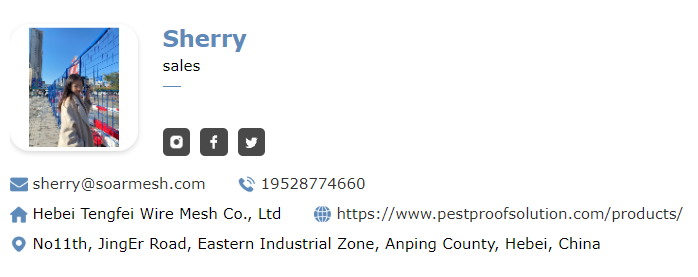Farm fences play a crucial role in ensuring the safety and security of agricultural operations. These structures help to define property boundaries, confine livestock, and protect crops from potential damage. Choosing the right type of farm fence is essential to meet the specific needs of a farm and maximize its effectiveness.One of the key considerations when selecting a farm fence is the material.
Common materials include wood, metal, and synthetic options such as vinyl or plastic. Wood fences are sturdy and durable, but they require regular maintenance. Metal fences offer high durability but come with a higher cost. Synthetic options are lightweight and portable, but may not be as long-lasting.
Therefore, the decision on materials should take into account factors such as durability, cost, and maintenance requirements.The height and spacing of the farm fence are also critical factors that need to be tailored to the specific requirements of the farm. For livestock enclosures, the fence should be designed to prevent animals from escaping or injuring each other, based on the size and behavior of the livestock. In crop areas, the fence should be designed to deter wildlife intrusion, requiring a certain height
Post time: Jan-18-2024



